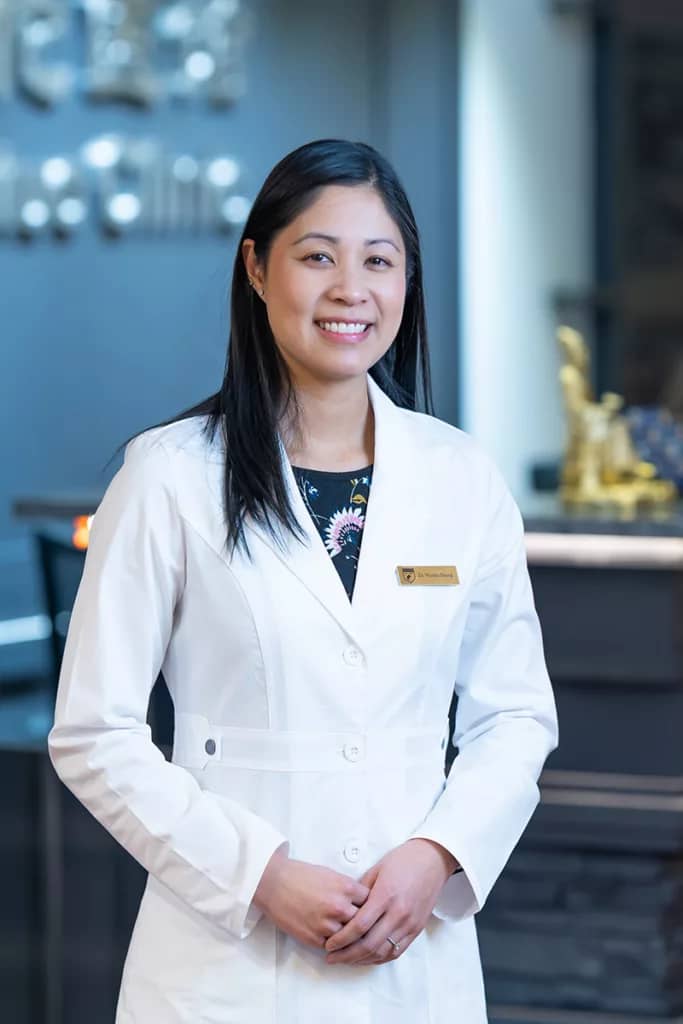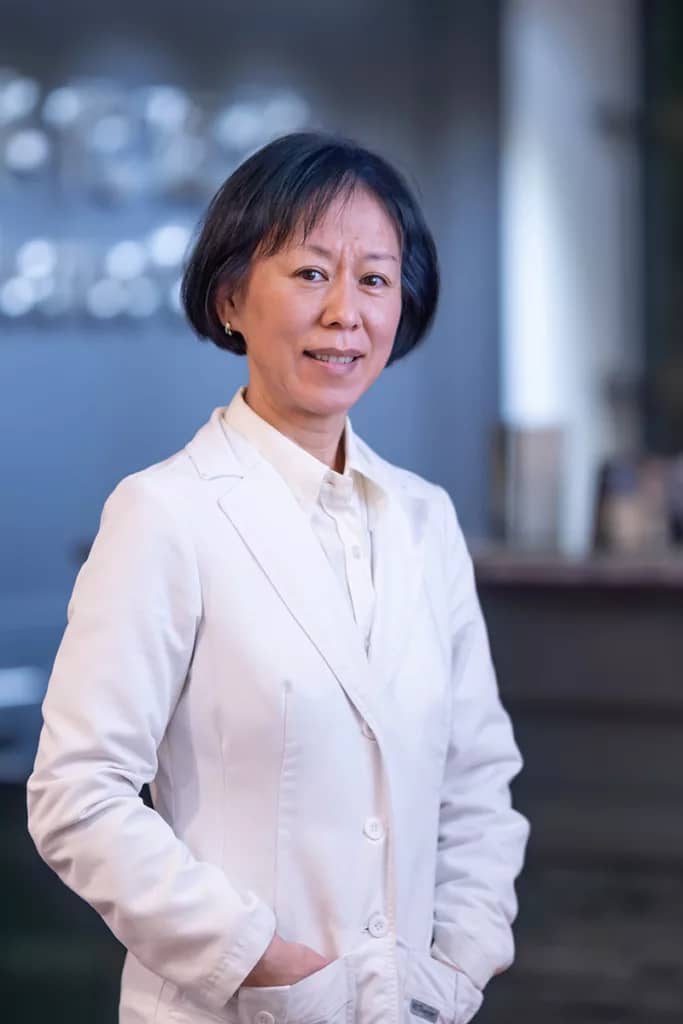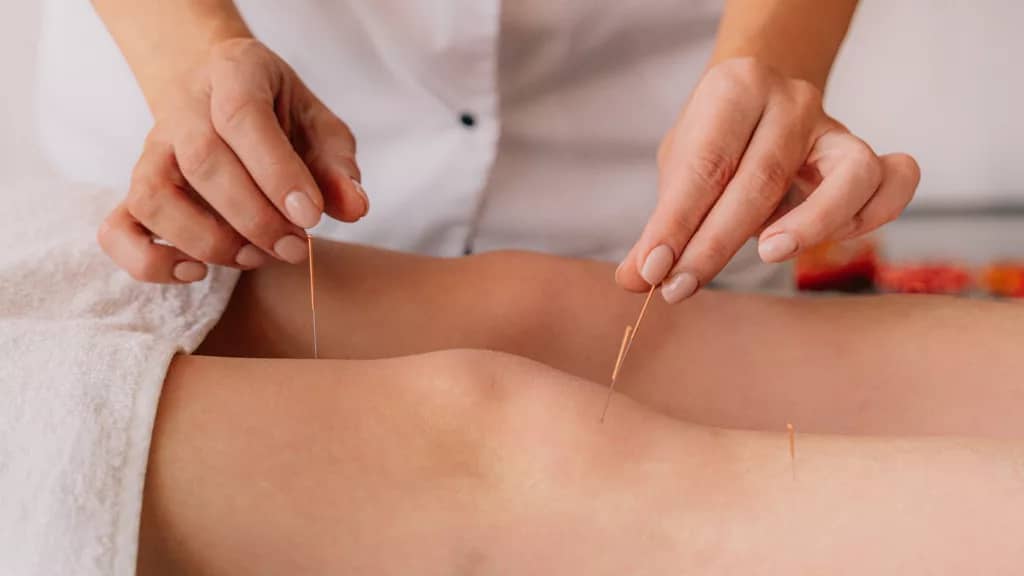Neck and Shoulder Pain
Neck and shoulder pain is a relatively common condition that affects a large number of people. It can be caused by a variety of factors such as poor posture, repetitive strain injuries, physical trauma, and stress. According to the World Health Organization (WHO), up to 70% of people will experience neck pain at some point in their lives, while up to 50% of people will experience shoulder pain. The prevalence of neck and shoulder pain is higher in women than men, and it often becomes more common with age.

When investigating neck and shoulder pain, the family physician will typically begin by taking a medical history and conducting a physical exam. They will ask questions about the patient’s symptoms, such as when the pain began, the location and severity of the pain, and any factors that may have triggered the pain. They may also ask about the patient’s occupation, lifestyle, and any previous injuries or medical conditions.
During the physical exam, the family physician may assess the patient’s range of motion, muscle strength, and any areas of tenderness or swelling. They may also perform additional tests, such as imaging studies (like X-rays, CT scans, or MRIs) or nerve conduction tests, to help identify the underlying cause of the pain.
Based on the results of the investigation, the family physician may make a diagnosis and recommend a treatment plan. Treatment may include a combination of medication, physical therapy, and other therapies such as acupuncture, massage, or chiropractic care.
Acupuncture has been shown to be a viable alternative for treating neck and shoulder pain because it is a holistic treatment that addresses the root cause of the pain, rather than simply masking the symptoms. Acupuncture works by stimulating specific points on the body, known as acupoints, which can help to release tension and promote the flow of Qi (vital energy) throughout the body. This can help to reduce inflammation, alleviate pain, and improve overall function in the affected area. Studies suggest that acupuncture can be a safe and effective alternative or complementary treatment for neck and shoulder pain.
Additionally, acupuncture has very few side effects when performed by a licensed and trained practitioner, making it a safe option for many individuals who may not be able to tolerate conventional pain medications or other interventions. Acupuncture is also a non-invasive treatment option that does not involve the use of drugs or surgery, which can be appealing to many people seeking more natural and holistic approaches to their health and wellness.
Acupuncture points for neck and shoulder pain may vary depending on the individual’s condition and diagnosis. However, some common acupuncture points used for treating neck and shoulder pain include:
- Jianjing (GB21): at the midpoint between the top of the shoulder and the base of the neck
- Fengchi (GB20): in the hollow between the two large, vertical muscles at the base of the skull
- Hegu (LI4): on the dorsum of the hand, between the first and second metacarpal bones, approximately in the middle of the second metacarpal bone on the radial side
- Quchi (LI11): at the lateral end of the transverse cubital crease, midway between LU5 and the lateral epicondyle of the humerus
- Waiguan (SJ5): on the dorsum of the wrist, in the depression between the styloid process of the radius and the extensor carpi radialis brevis tendon
- Jianyu (LI15): in the depression anterior to the acromion, on the upper portion of the deltoid muscle
- Tianzong (SI11): when the arm is adducted, the point is directly above the medial end of the scapular spine
- Huantiao (GB30): at the junction of the lateral 1/3 and medial 2/3 of the distance between the greater trochanter and the sacral hiatus
- Yanglingquan (GB34): in the depression anterior and inferior to the head of the fibula
In addition to acupuncture, other traditional Chinese medicine modalities such as cupping and tuina massage can also be effective in treating neck and shoulder pain.
At Huatuo Clinic, we specialize in treating a wide range of conditions, including neck and shoulder pain, with acupuncture, cupping, and tuina massage. Our team of experienced and highly-trained practitioners can provide personalized treatment plans tailored to each patient’s unique needs. Contact us to schedule a consultation and start your journey towards a pain-free life.









